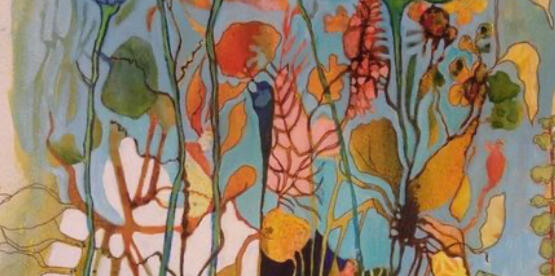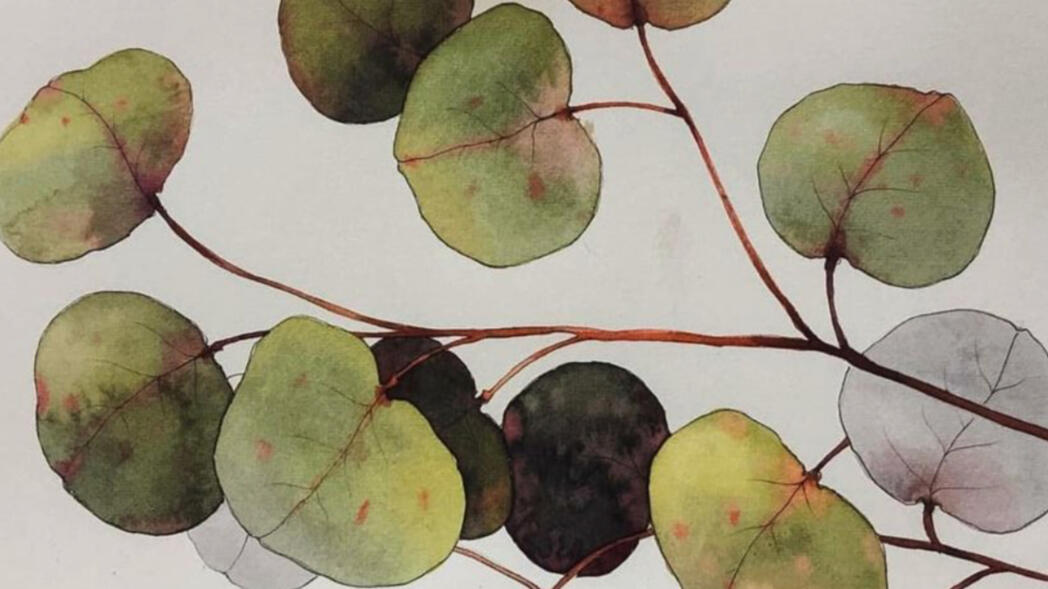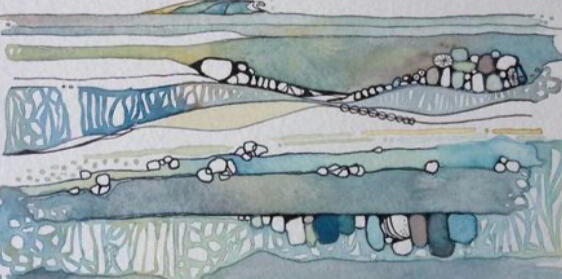
Debra Peck WellnessUseful Resources
A hub for the latest insights and tools in health and wellness. Empower yourself with expert advice, practical tips, and a supportive community dedicated to enhancing your well-being.

30 Resources to Learn Soft Skills
People say soft skills are important.
But never share how to improve them.10 soft skills that will future-proof your career.And 30 resources to learn them.Reno Perry @ Wiseful has curated the best books, TED talks,
and online courses.1. Effective Communication📚 How to Win Friends and Influence People by Dale Carnegie
🗣 10 Ways to Have a Better Conversation by Celeste Headlee
🎓 Improving Communication Skills - University of Pennsylvania2. Adaptability📚 Who Moved My Cheese? by Spencer Johnson
🗣 Embrace the Shake by Phil Hansen
🎓 Developing Adaptability as a Manager - University of London3. Problem-Solving📚 Thinking, Fast and Slow by Daniel Kahneman
🗣 Are You a Giver or a Taker? by Adam Grant
🎓 Creative Problem Solving -University of Minnesota4. Leadership📚 Start with Why by Simon Sinek
🗣 How Great Leaders Inspire Action by Simon Sinek
🎓 Inspiring Leadership through EQ - Case Western5. Teamwork📚 The Five Dysfunctions of a Team by Patrick Lencioni
🗣 The Secret to Great Opportunities? by Tanya Menon
🎓 Teamwork Skills - University of Colorado Boulder6. Time Management📚 Getting Things Done" by David Allen
🗣 How to Save the World from Bad Meetings by David Grady
🎓 Work Smarter, Not Harder - University of California, Irvine7. Emotional Intelligence (EQ)📚 Emotional Intelligence by Daniel Goleman
🗣 The Power of Vulnerability by Brené Brown
🎓 Developing Your Emotional Intelligence - LinkedIn Learning8. Creativity📚 Steal Like an Artist by Austin Kleon
🗣 Your Elusive Creative Genius by Elizabeth Gilbert
🎓 Ignite Your Everyday Creativity - State University of New York9. Resilience📚 Grit by Angela Duckworth
🗣The Power of Passion and Perseverance by Angela Duckworth
🎓 Building Resilience - University of Pennsylvania10. Interpersonal Skills📚 Crucial Conversations by Kerry Patterson and Joseph Grenny
🗣 Why Good Leaders Make You Feel Safe by Simon Sinek
🎓 Improving Your Interpersonal Skills - University of California, Irvine

Tips for a Gluten Free Diet
What is a gluten-free diet?
Following a gluten-free diet involves eliminating all gluten-containing foods and beverages.
Gluten-containing grains, such as barley, rye, and wheat, are ingredients present in many staple
foods included in the typical Western diet. On average, North Americans consume about 5 to 20 g
of gluten per day, but for certain individuals, ingesting gluten may lead to gastrointestinal (GI) upset and damage to the GI tract.
What is gluten?
“Gluten” is the general term for a group of proteins that are found in certain grains, including
barley, rye, and wheat. In nature, gluten proteins promote germination and seedling growth.
In culinary applications, gluten is widely used to modify the quality, texture, flavor, and moisture
content of foods. Wheat is one of the most common sources of gluten, mainly consisting of the proteins glutenin and gliadin. Proteins similar in structure to gliadin have also been found to trigger gluten-related GI upset, including hordein in barley, secalin in rye, and avenin in oats.
•
Gluten-free applies only to packaged foods monitored by the FDA to have less than 20 ppm of gluten.
•
Gluten-friendly is often used in restaurants to describe a gluten-free menu item that
was prepared in a kitchen that also uses gluten-containing foods.
No oversight to guarantee the product is gluten-free
•
Wheat-free is not monitored by the FDA; however, all foods containing wheat must list wheat clearly on the ingredients label.
No guarantee the product is gluten-free
May contain other gluten-containing grains (e.g., rye, barley)
•
May contain gluten means the food or product may contain traces of gluten
often found on products that are manufactured using shared
equipment, increasing the possibility of cross-contamination.
•
Helpful Apps
An online app can be a useful tool for following a gluten-free diet. Various apps can help you find
restaurants offering gluten-free options, identify gluten-free foods at the store, and allow you to
track your symptoms. Examples of available apps include:
•AllergyEats (web, App Store, Google Play)
Eat! Gluten-Free (App Store, Google Play)
The Gluten Free Scanner (App Store, Google Play)
Find Me Gluten Free (web, App Store, Google Play)
mySymptoms Food Diary (App Store, Google Play)
Gluten Free Restaurant Cards (App Store)
•
*This information has been provided by Fullscript. Should you have any questions about the information contained within this guide, or would like additional resources, you may contact
[email protected] *

Living Your Top Five Percent
Here, Jennifer Caragol, MD describes how to create “a life lived with real-time conscious recognition of and alignment with our authentic self.”
•
Shrinking from your top abilities to live at the minimum margin of your capacity is not only a loss for you, but also a loss for humankind and the Earth. Consider it!
•
As a child I sought understanding on why some people truly inhabited their lives while others seemed to be just going through the motions. It occurred to me that life is too short to learn from only my experiences, and that to maximize my development, I had to pay attention to others’ life lessons too.
•
My intentions and hopes are that you learn to hold your unique fullness and lead your life from your strengths, your gifts, and your brilliance. We all deserve to live our best life.
•
Be curious…we adults have to grow on purpose.
•
Choose to keep ourselves safe and in our lane of expectation.
•
In your crisis, it doesn’t matter if your partner is attractive, your job important, and your car fast. When your true resources — the innate strengths that are your Top Five Percent abilities — have become dry and dormant, your authentic self is the withering casualty. You feel stale. •
Two big things that inhibit our curiosity are fear and success.
Define a challenge and then do it. Training for joy!
•
The challenges you undertake will grow your wisdom, knowledge, resilience, and even joy! Happiness is a product of authentic expression and synergy. Your inherent strengths are your language of action and when you express them, you create synergy. This keeps a fresh stream of energy moving through your life.
•
Discipline- carve out thirty minutes every other day for it and learn to rely on your strengths.